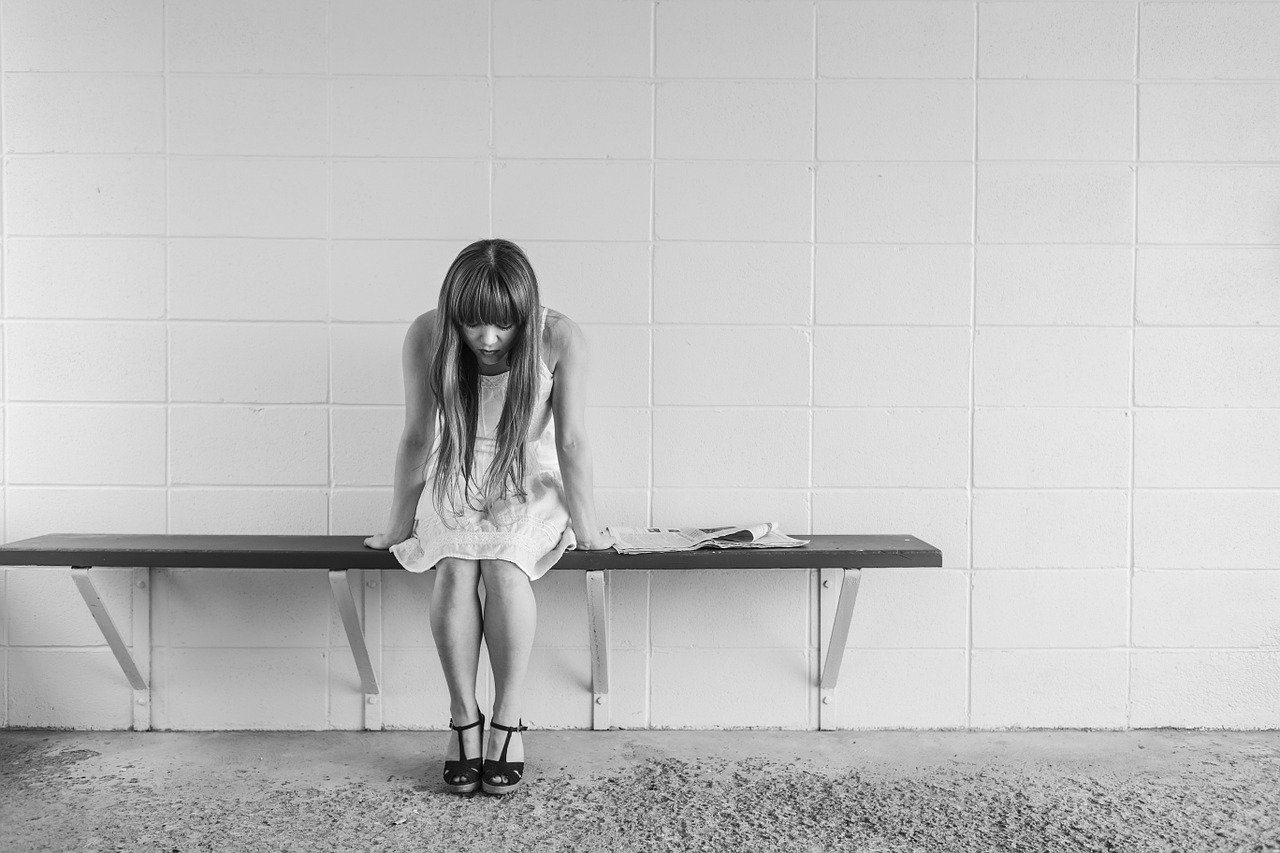 I’ve been trying to correct posture that has been ruined by years in front of a computer screen. And in the process of noticing my posture, I’ve also noticed that I slump the most when I’m overwhelmed, worried, or depressed.
I’ve been trying to correct posture that has been ruined by years in front of a computer screen. And in the process of noticing my posture, I’ve also noticed that I slump the most when I’m overwhelmed, worried, or depressed.
Sometimes it can feel like you are carrying the weight of the world on your shoulders. And right now, that weight is pretty heavy. We’re a nation already beleaguered by depression and anxiety, and the current state of affairs isn’t helping.
Have you ever noticed that when you’re feeling low, you slouch more, walk slower, drag your feet a bit? That’s because your feelings are mirrored in your body. A frown or a scowl isn’t happening in your emotions, it’s happening in your body. The tone of your voice even changes with negative talk as compared to positive talk. Your body is mirroring your internal world in your posture and speech.
These elements are part of the pattern of depression. They are what make up an “emotional state.”
There are four components to this pattern.
First, there is the physical pattern. Think about what your body is doing when you are sad. What is your face doing? How is your posture?
Second, what are you focusing on? Where is your attention going? If you are depressed, it’s probably on all the things that you are feeling frustrated, sad, or unhappy about. Doom and gloom.
Third, what language are you using? Is it positive, upbeat? Not likely. It’s usually the story we are telling ourselves that is driving the negative emotional state.
And fourth, what meaning have you attached to what you are experiencing? How is your perception of your situation effecting what you think, say, and feel?
The good news is that you can break emotional states simply by changing the pattern.
If the current state of affairs (or your own situation) is wearing you down, try sitting up straighter and smiling, even if you don’t think there’s a reason to. Focus your attention on something positive in your life like the things you are grateful for. Notice the story you are telling yourself, your speech and the way it is contributing to your feelings, and then change it.
And finally, try attaching new meaning to whatever is happening in your life. Look for what you can learn or how you can grow in the face of your challenges. During my 12 year journey of trauma healing, I held on to the belief that what I was doing would eventually benefit someone else. And that helped me to keep going.
These are all choices, and they are not easy ones to make. But they do make a difference. And the more you choose to break the pattern of depression, the less often you will fall prey to these negative emotional states. You will have trained yourself into a new pattern.
In the current state of affairs, it’s something to think about.
Until next time,
Anne
P.S.: There are many issues that contribute to depression, not the least of which is physical health, among others. So don’t assume I’m implying that these interventions will solve everything. But they can make a huge difference.
Give it a try.
And for more life changing tools, visit my new resource for survivors at: https://www.thesurvivorscompass.com/category/resources/
And as always, thanks for sharing!